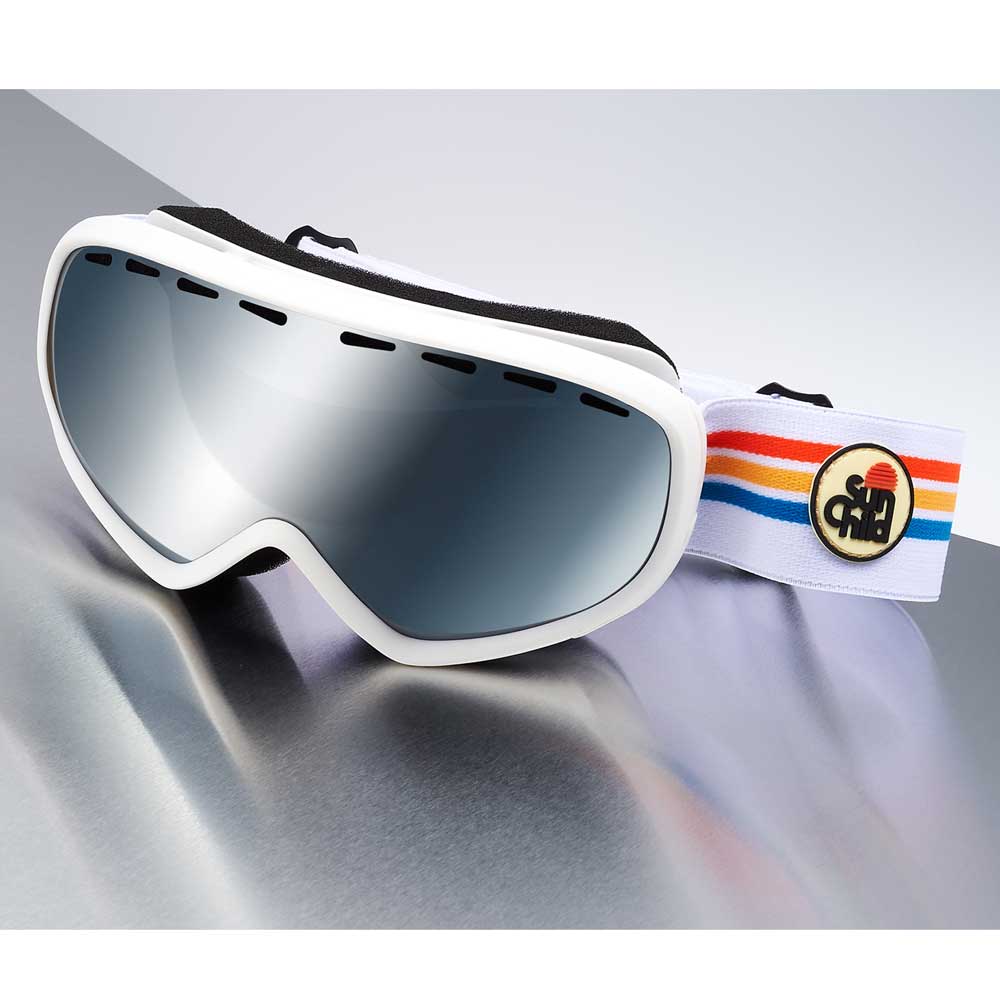For almost a year, wearing a mask has become normal to protect yourself from the coronavirus and now from its variants.
Faced with the shortage of masks, many have turned to their sewing machine to develop them by following the "AFNOR standards": no sagittal seam, 3 folds etc...
Then gradually came disposable masks, washable ones, surgical ones, FFP1, FFP2, UNS1, UNS2, cat1, cat2, KN95... a whole barbaric language for the average consumer! However, for the past few days, "homemade" or cat2 fabric masks have no longer been recommended or even "prohibited" in certain companies because they are not filtering enough.

What mask worn?
To deal with the different variants, three kinds of masks must be worn in the public space:
- surgical masks: disposable paper masks, easily recognizable by their blue and white faces
- FFP2 masks
- UNS1 category 1 industrial fabric masks
Why wear one of these masks?
The level of protection just isn't the same. Indeed, a so-called category 2 handmade fabric mask has an average particle filtration rate of 70%, while a category 1 mask will have a filtration rate greater than or equal to 90%. This is why they are more protective.
Where to find UNS1 masks?
Simply on varionet.com!
Indeed, since April 2020 we have been offering fabric masks with a filtration efficiency of 99% after 30, 40 washes. These European-made protective masks have been tested in various laboratories and meet UNS1 standards. These are multi-layer fabric masks with or without a protective polyurethane flap. All have an antibacterial treatment, compliant with OECD 406 (skin sensitivity), OECD 209/3028 (biodegradable) standards and without silver ions. Complies with REACH and OEKO-TEX 100 regulations.
These masks are available in adult and child sizes but can also be suitable for small faces.
Choosing an M1 or M2 breathing mask is not only protecting yourself, protecting others but also our environment...


